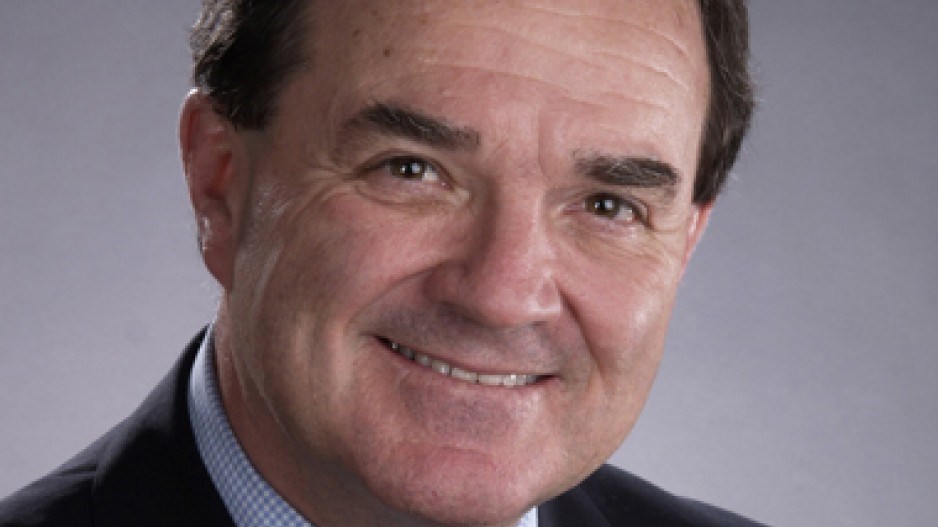B.C. business groups approve of the federal government's focus on skills training in its 2014 budget.
The budget, introduced February 11, contains modest spending announcements and few changes in taxation. It reconfirms the Conservatives' commitment to move government finances from deficit to surplus by 2015.
"Clearly, I think the government is going to wait until the 2015 budget to reveal more big-ticket items that will form the basis of the Conservatives' election platform," Jock Finlayson, chief policy officer at the Business Council of British Columbia, told Business in Vancouver.
While the government ran a deficit of $16.6 billion in 2013-14, the Department of Finance projects this will shrink to $2.9 billion in 2014-15 and that there will be a $6.4 billion surplus by 2015-16.
The budget for 2014 includes an increase on cigarette taxes, from $15 a carton to $21 a carton.
New spending commitments include:
•$1.5 billion over 10 years to help colleges and universities "excel globally in research areas that create long-term economic advantages for Canadians;"
•$305 million over five years to improve rural broadband Internet service; and
•$323 million to continue to improve water and wastewater on reservations.
The federal government also introduced new funding to help narrow Canada's skills gap. That funding includes $75 million over three years to help older workers, $11 million over two years to launch a job matching service, $15 million over three years to help people with disabilities enter the workforce and $11.4 million over four million to support employment training for people with autism.
The government will also create a loan program for apprentices registered in Red Seal trades under the Canada Student Loan program. Only 50% of apprentices in Canada currently complete their programs.
"I think some of these innovative programs to create loans for young people entering the work force and learn trades is creative," said John Winter, president and CEO of the BC Chamber of Commerce.
The federal government indicated it would proceed with its Canada Job Grant program, which was introduced in last year's budget. The grant provides job training, with employers kicking in one-third of the cost and government providing the remaining two-thirds.
The program raised concern among the provinces because it reduced the amount of money available to them for jobs training. The federal government continues to negotiate with the provinces, but says it will introduce the program on April 1 and offer it through a federal agency, Service Canada, in areas where it does not have provincial or territorial agreements.
"How the federal government is going to administer it on its own without the provinces is a bit of a mystery to me," said Finlayson. "I don't see that Ottawa has the administrative capacity to be able to do that."
The Vancouver Board of Trade gave the federal budget a "B+" for its commitment to balance the books and no significant changes to already-competitive taxation rates, said Iain Black, president and CEO.
"We understand the importance of living within our means and expect our government to do the same," Black said.
However, Finlayson said, in the grand economic scheme, it makes little difference whether the government runs a deficit or surplus.
"Canada's GDP is $2 trillion — so what if the federal budget is $5 billion in deficit or $2 billion surplus?" Finlayson said. "We're talking about numbers that are so tiny here. It matters politically, but as an economist it's not what I would tend to focus on."
While the U.S. economy was more battered by the global financial crisis, Finlayson said, the potential for growth there is now much stronger than Canada's economy, where sluggish growth is expected for the next two years.
The federal budget mentioned the Building Canada program — a 10-year, $53 billion commitment to fund infrastructure projects across the country — but that program is not new and no B.C. infrastructure projects were mentioned specifically.
Black said he had high hopes for a 10-year transportation infrastructure plan announced by the B.C. government in today's throne speech.
"I'm looking forward to seeing some of those details in the [provincial] budget," said Black. "Transporation is such a crucial part of our economy."
The B.C. government will introduce its 2014 budget on February 18.
@jenstden




